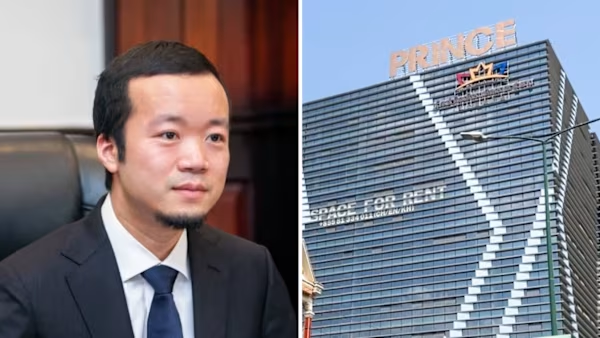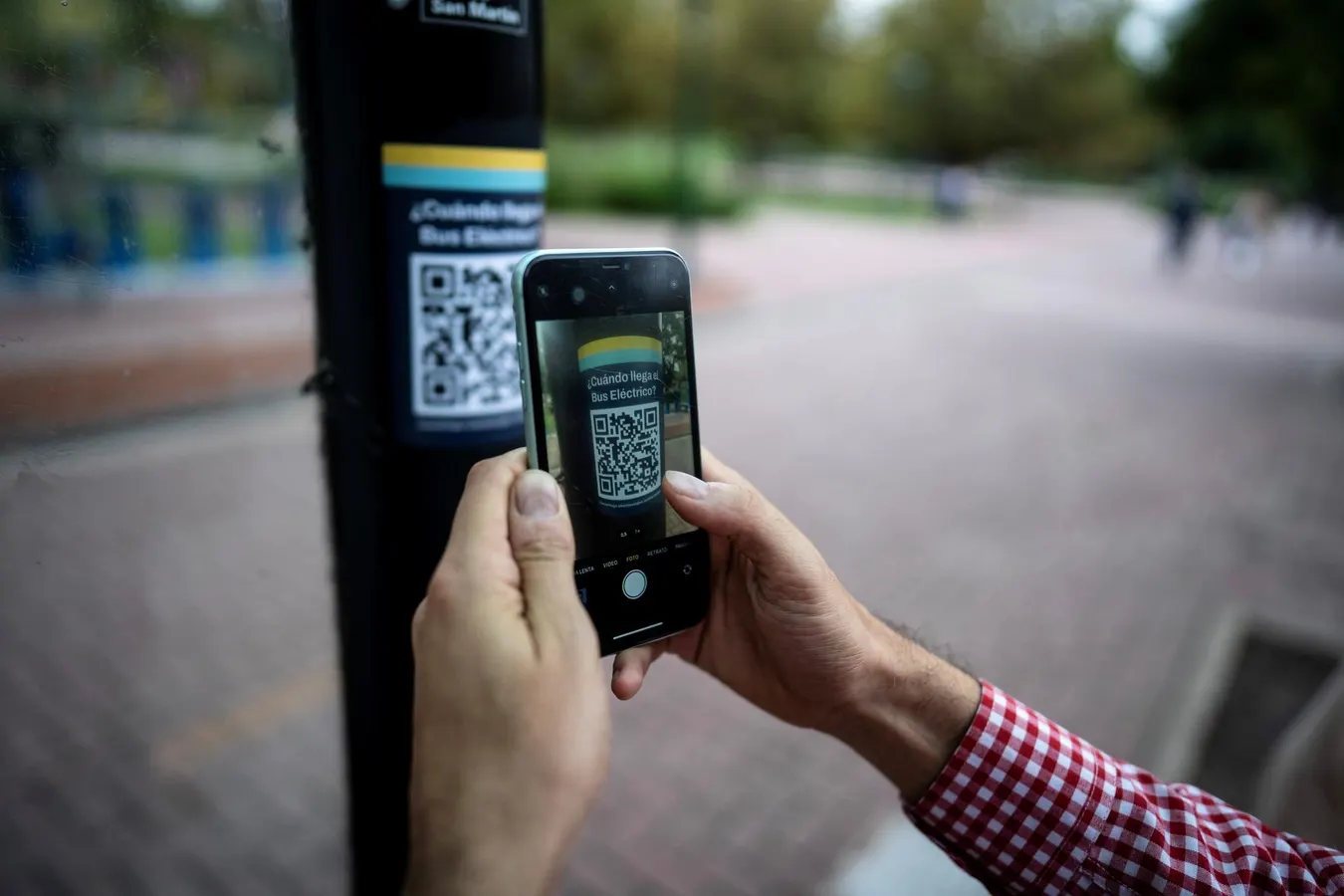Copyright breezyscroll

Once celebrated as a young business prodigy and philanthropist close to Cambodia’s elite, Chen Zhi, chairman of Prince Holding Group, now stands accused of masterminding a vast transnational scam network that stretched from Phnom Penh to London. From luxury watches to global exposure Three years ago, Cambodia’s then-Prime Minister Hun Sen gifted luxury Lotus Tourbillon watches, crafted by the Prince Holding Group, to world leaders, including US President Joe Biden, during a regional summit. The gesture was meant to symbolize Cambodia’s rising confidence and Chen Zhi’s international stature. Today, that same symbol carries an air of irony. The China-born businessman, who built an empire spanning Cambodia’s coastal developments, Singapore’s financial hubs, and London’s real estate, is now at the center of one of the most significant financial crime scandals in Southeast Asia. US and UK sanctions expose vast criminal network In October 2025, the US Treasury Department and UK authorities jointly sanctioned Chen and 146 individuals and entities connected to Prince Holding Group. The sanctions alleged that the conglomerate operated scam compounds using forced labor, laundered billions in stolen funds, and leveraged political protection to avoid investigation. Investigators also seized about $15 billion in Bitcoin allegedly tied to the network. According to Harvard researcher Jacob Sims, “Prince Group operated in plain sight, and the international community’s response has verged on complicity.” Sims added that Chen’s ability to move capital freely through Hong Kong and Singapore helped the operation thrive for years without significant scrutiny. Authorities now claim Chen’s influence extended across Southeast Asia, from the beaches of Palau to Hong Kong’s financial towers and the luxury property markets of London. From Hun Sen’s adviser to a global fugitive Chen’s proximity to Cambodia’s ruling elite helped shield him for over a decade. Since 2011, when he began investing in the country’s booming real estate sector, he became an adviser to then-Prime Minister Hun Sen and later to his son and successor, Hun Manet. Prince Group’s $16 billion Ream City project, later rebranded as the Bay of Lights, was touted as Cambodia’s answer to Singapore’s Marina Bay. But by 2024, multiple investigative reports began linking Chen’s companies to cybercrime networks, money laundering, and human trafficking compounds. Despite mounting concerns, several international brands such as Singapore’s Ascott Ltd. and the Radisson Hotel Group maintained partnerships with Prince-affiliated firms until sanctions were imposed. Both companies have since terminated their agreements, citing due diligence failures. Luxury, influence, and the illusion of legitimacy Born in China’s Fujian province in 1987, Chen Zhi renounced his Chinese citizenship and reportedly obtained passports from Cyprus, Vanuatu, and Cambodia. Through his Singapore-based family office, DW Capital Holdings, he managed over S$60 million in assets and owned luxury penthouses, supercars, and a yacht moored at Sentosa Island. His London assets included a £100 million office building and several upscale flats. Prosecutors allege that Chen used extravagant gifts and luxury items—including expensive watches- to cultivate political connections and secure diplomatic credentials. In one case, an associate allegedly bribed a Chinese official’s son to protect Prince Group affiliates from prosecution. Singaporean, Hong Kong, and Taiwanese authorities have now launched joint probes. Singapore has already seized S$150 million in assets and frozen multiple accounts linked to the group. Chen’s current whereabouts remain unknown. Global complicity and the question of accountability Analysts say Chen’s case exposes the weak safeguards within global finance that allow criminal networks to disguise themselves as legitimate investors. “This shows that many companies rely on governments to de-risk for them,” Sims said. “Prince Group thrived because due diligence was treated as a formality, not a safeguard.” Cambodia’s central bank has since defended the country’s reputation, rejecting claims that it is a “scam center.” Yet the Prince scandal has raised difficult questions about regulatory oversight, transparency, and the cost of unchecked influence. A fallen empire As of now, Chen Zhi remains a fugitive. His once-glamorous empire, once praised for driving Cambodia’s modernization, now stands as a cautionary tale about the convergence of money, politics, and power. What was once hailed as ambition has become a symbol of how unchecked authority and global complicity can create an empire built on deception and destined to collapse.



